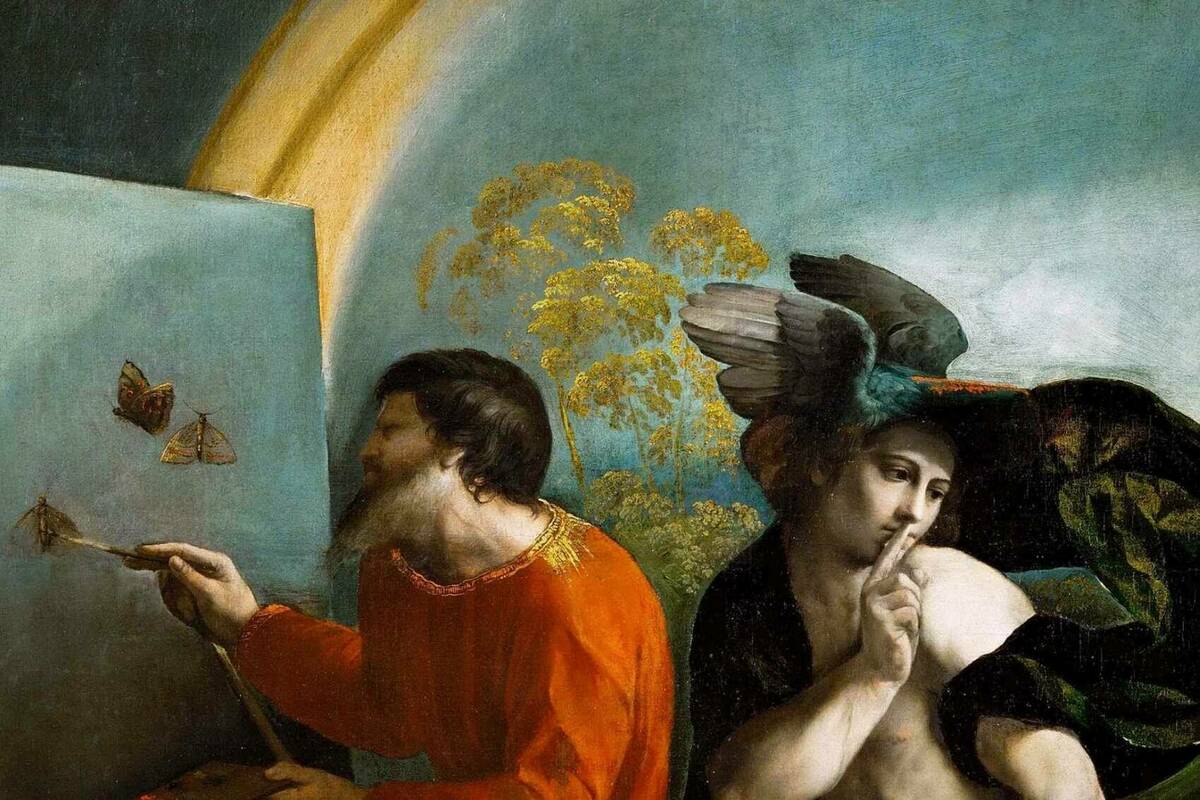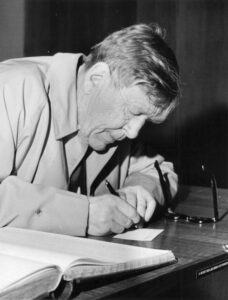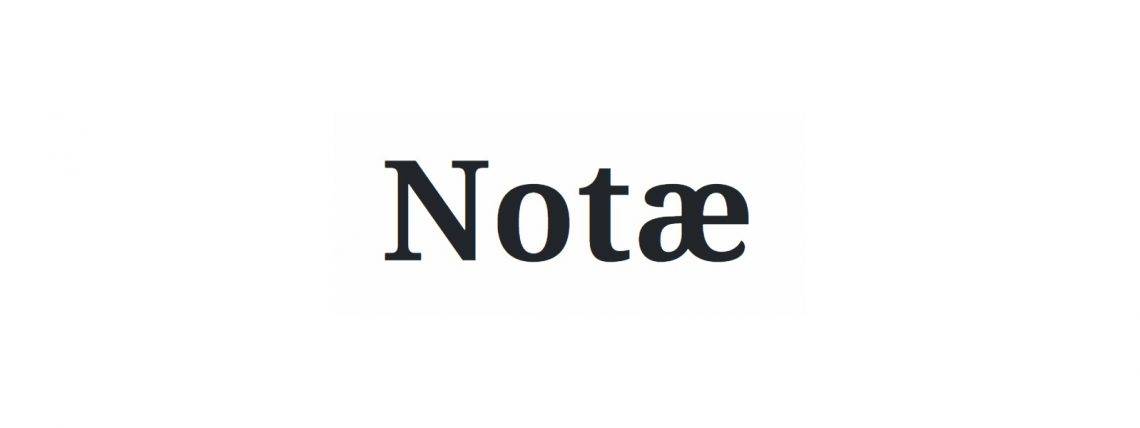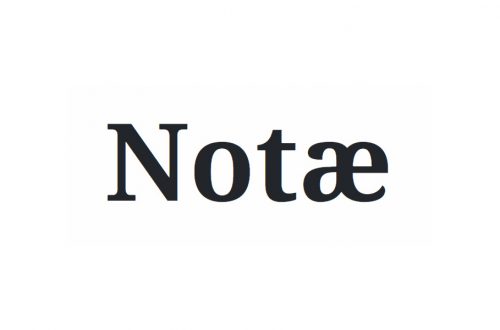As we turn the page on another year, we are inclined to re-examine how we are living our lives. Are we oriented toward the good? What are worthwhile ways to spend time? Where do we belong? In the spirit of fresh beginnings, we give you a small selection of essayists, poets and thinkers, all of whom are seeking to understand how to live well in the world.
Imagination Is More Important Than You Think, by David Brooks for The New York Times

David Brooks wonders whether the failure of current education models to cultivate the imagination has led to a dramatic alienation between us and our neighbors. As he points out:
“Imagination helps you perceive reality, try on other realities, predict possible futures, experience other viewpoints. And yet how much do schools prioritize the cultivation of this essential ability? What happens to a society that lets so much of its imaginative capacity lie fallow? Perhaps you wind up in a society in which people are strangers to one another and themselves.”
Neither Virtuous Nor Vicious: A Critique of Contemporary Virtue Ethics, by Brendan Case in Church Life Journal

Brendan Case examines the scarcity of both extremely bad and extremely good people (including in Christian communities) and thinks through how the reality of “Christian mediocrity” might give us a fuller understanding of how to live well.
“In its enthusiasm for the full virtues, theological virtue ethics risks overlooking the importance of these more modest and indirect measures for shaping our behavior. The discipline would be greatly enriched if more of its practitioners diverted some of their attention away from the virtuosos’ virtues and toward these moral exoskeletons for the mediocre many.”
The Ordinary Time Being, by Terence Sweeney in First Things

Terence Sweeney revisits W.H. Auden’s “For The Time Being: A Christmas Oratorio” during the potentially depressing return to “ordinary time” after the holidays. Sweeney exhorts us through Auden to “be as ordinary as Jesus was, for our God loves the ordinary.”
A century ago Ludwig Wittgenstein changed philosophy for ever, from The Economist

How does language play into our ability to live in the world? It is the 100th anniversary of Wittgenstein’s gutsy claim that my language limits my world, which leads to the conclusion that (in his words) “the world is all that is the case” and most of existing, abstract philosophy is unhelpful.
“Since philosophy largely discusses things that are not demonstrable in the world and cannot therefore be pictured, many of its propositions are not meaningful. Instead, most philosophy is “nonsense”. He preferred to focus on the few areas that could be meaningfully discussed with language. That led him to a final, definitive proposition: “Whereof one cannot speak, thereof one must be silent.” Or…“the limits of my language mean the limits of my world.”



